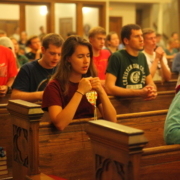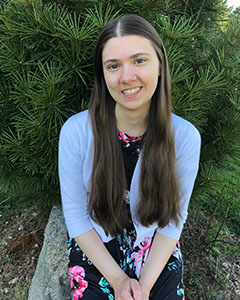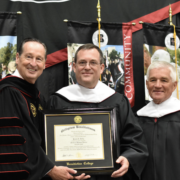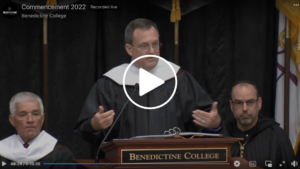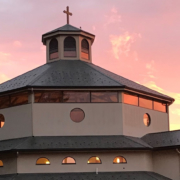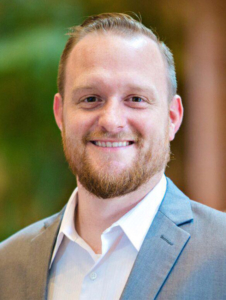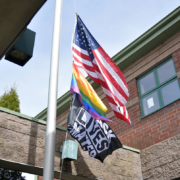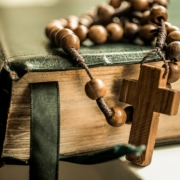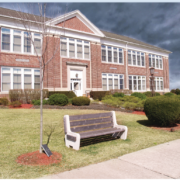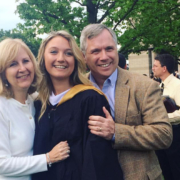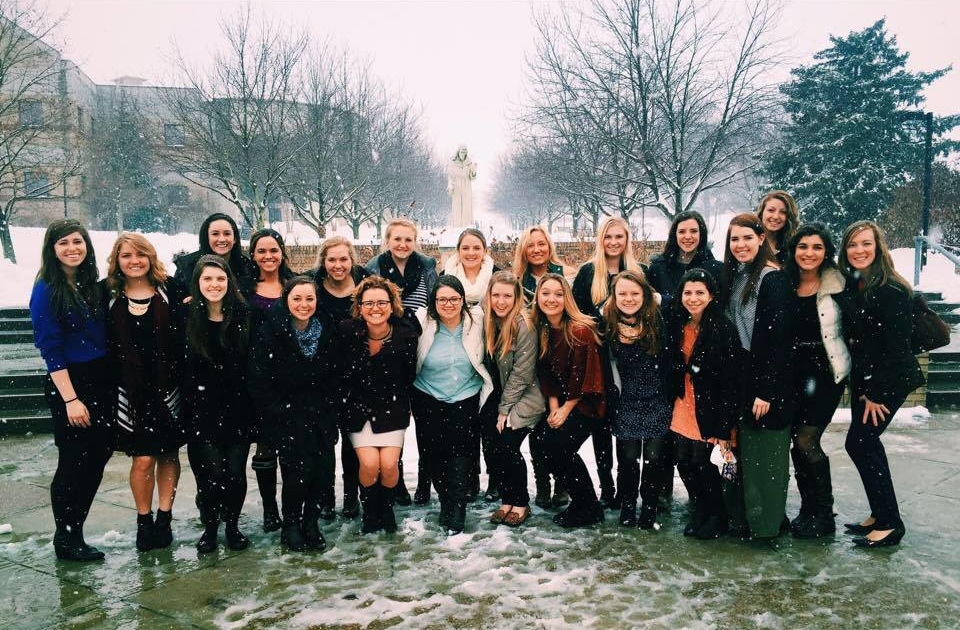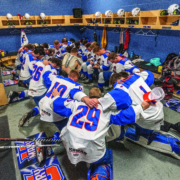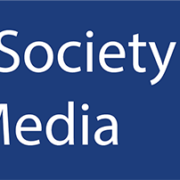Recently, the Vatican issued a call for stronger Catholic identity in Catholic education. But will it do any good?
The short answer: Yes, I think it will. The Congregation for Catholic Education’s new instruction on schools, “The Identity of a Catholic School for a Culture of Dialogue,” published March 29, could help tremendously, if dioceses take to heart its demands for truly faithful Catholic teaching across all subjects, hiring teachers who profess and witness to the Catholic faith, and intervening meaningfully when a school or teacher fails to provide faithful Catholic formation.
Catholic families have been waiting more than 50 years for such firm commitment to Catholic identity, and already we have seen some exciting examples of dioceses and parochial schools overcoming the poor catechesis, poor formation and high costs that eroded much of Catholic education in past decades. We have also seen the growth of lay-run independent schools, homeschool programs and hybrid home-and-school programs that are serving a wide range of Catholic families.
All dioceses can build upon these models to ensure a strong backbone of fidelity and authentic Christian formation in parochial schools and especially schools affiliated with religious orders — or if necessary, shut them down.
Here are 10 key takeaways from the Vatican’s instruction.
1. Human Right to Education
The instruction echoes the Vatican II declaration on Christian education (Gravissimum Educationis) that “education, as the formation of the human person, is a universal right.” That’s because human nature is always inclined toward truth and has an insatiable thirst for knowledge and understanding of oneself and reality.
2. Catholic Education Is Better Education
Any education should be “aimed at the integral education” of its students — which means not only intellectual but also moral, social and cultural formation. Catholic education participates in the “evangelizing mission of the Church” by upholding and teaching the truths of the Catholic faith. When “reason enters into dialogue with faith,” students are better able to “transcend the mere data of the empirical and rational sciences” and rise to a better knowledge and understanding of the world, themselves and God.
3. ‘Every Act in Accord With Catholic Identity’
The Congregation for Catholic Education declares that “every official act of the school must be in accordance with its Catholic identity.” Importantly, this runs across all academic subjects, not just religion class. And Catholic moral and social formation are also entwined with all the activities of Catholic education. The congregation says, “… there is no separation between time for learning and time for formation, between acquiring notions and growing in wisdom.” The school must “order the whole of human culture to the news of salvation.” For educators wishing to further explore Catholic identity according to the congregation’s past documents, I recommend Principles of Catholic Identity in Education.
4. Catholic Education Is for Catholic Families
According to the Vatican instruction, Catholic education is primarily intended for Catholics, or at least Christians, for the growth and evangelization “of those who are already walking towards the fullness of Christ’s life.” The document encourages inclusive policies to help those on the margins and warns against excluding those who are not deemed “totally” Catholic, while stressing that there can be no compromise to the truths of Catholic teaching or the purpose of Catholic formation.
5. Parents Direct Their Child’s Education
While the Church has the duty of evangelizing all people, the primary responsibility for the Catholic education of a child rests with the parents. Parents are “bound by the obligation” to provide a Catholic education, the congregation says, but “they have the right to choose the means and institutions through which” that education is provided. This explicit acknowledgment will be a comfort to homeschoolers.
6. Catholic Schools Need Clear Policies
The congregation rightly instructs schools to establish formal guidelines, mission statements, employee policies, etc. to ensure fidelity and faithful evangelization. I find this especially gratifying and of the greatest importance. Convinced of the necessity of clearly stated and consistently implemented policies that protect schools from false ideologies, lukewarm faith and threats to religious freedom, the Cardinal Newman Society has been working with education experts these last few years to provide recommended standards for every aspect of Catholic education — from academics to athletics to sexuality policies.
7. Obligations of Every Employee
The Vatican affirms also that every member of the school community “has the obligation to recognize, respect, and bear witness to the Catholic identity of the school.” This includes “the non-teaching personnel,” for whom schools should “formulate clear criteria for discernment regarding the professional qualities, adherence to the Church’s doctrine, and consistency in the Christian life of the candidates.” This is a pleasant surprise! Two years ago, we thought it might be controversial when my colleague Dan Guernsey, senior fellow at the Cardinal Newman Society, argued for a “deep, permeating unity of purpose and conduct” among both teaching and non-teaching employees and urged moral standards for non-teaching employees.
8. Obligations of Every Teacher
As for teachers, the congregation says that everyone (not just religion teachers) must be equipped with the “secular and religious knowledge” necessary to relate Catholic doctrine to their teaching. This is another surprise, challenging schools to hire well-formed teachers in all subjects — ideally, I would argue, graduates of the faithful Newman Guide colleges. The instruction says that, “by their life as much as by their instruction,” teachers must “bear witness to Christ, the unique Teacher” — which seems a clear note of support for schools dismissing teachers in same-sex civil unions. These teacher expectations are repeated elsewhere in the instruction.
9. Teachers Hold Ecclesiastical Offices
Moreover, the Vatican affirms that the work of all Catholic school teachers “is in the real sense of the word an apostolate.” It later establishes the teacher — again, not only the religion teacher — as an ecclesiastical office according to Canons 145 and 936. This is a huge development with relevance to the “ministerial exception” that protects American Catholic schools from anti-discrimination lawsuits by ministers of the Church.
10. Bishops Have Great Authority Over Schools
Because every Catholic school teacher holds a divine office, the bishop has the right to demand the removal of a teacher even at a school not controlled by the diocese, such as a Jesuit school. The Congregation’s instruction clarifies that even non-diocesan schools are obligated to follow all of the bishop’s precepts regarding Catholic identity in education. A bishop cannot remove the “Catholic” label from a school affiliated with a religious order, which is de facto Catholic by its affiliation, but the bishop could expel the school or the order from his diocese. (Expect a Vatican ruling on the Brebeuf Jesuit Preparatory School scandal soon.)
There is much more to ponder in the congregation’s instruction, but it seems appropriate to end on the same hopeful note as the document, which reminds us of Catholic education’s evangelical mission: “… it is vitally important for the Church today to go forth and preach the Gospel to all: to all places, on all occasions, without hesitation, reluctance, or fear.”
In this quote from Evangelii Gaudium, Pope Francis sounds a lot like Pope St. John Paul II, who was devoted to the task of renewing faithful Catholic education. May St. John Paul II pray with us, that this renewal comes to fruition, for the glory of God and the good of his children.
This article first appeared at the National Catholic Register.

